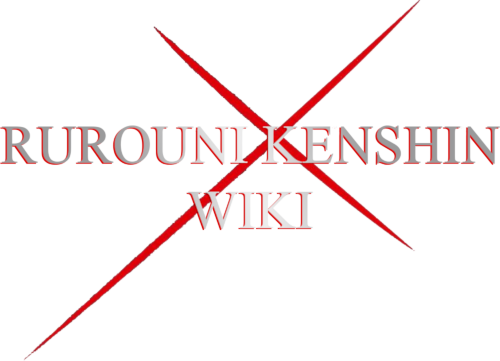(Replacing Location with Locations (automatic)) |
m (duplicate cat) Tag: Source edit |
||
| (8 intermediate revisions by 2 users not shown) | |||
| Line 1: | Line 1: | ||
| − | ''' |
+ | '''Kyōto''' (京都市) is a major city in the heart of the nation of Japan and was, for over a thousand years before the end of the Tokugawa era in 1869, the nation's imperial capital. Among several other historical occurrences, Kyōto (also known as the "City of Ten Thousand Shrines") was the primary battlefield of the [[Meiji Revolution]]. As a result, it holds special significance in the Rurouni Kenshin series and serves as the setting of the eponymous [[Kyoto Arc|Kyōto Arc]] of the story. Kyoto also serves as the headquarters of both the [[Juppongatana]] and the [[Oniwabanshū]]. |
===Notable Locations=== |
===Notable Locations=== |
||
Latest revision as of 04:21, 4 June 2021
Kyōto (京都市) is a major city in the heart of the nation of Japan and was, for over a thousand years before the end of the Tokugawa era in 1869, the nation's imperial capital. Among several other historical occurrences, Kyōto (also known as the "City of Ten Thousand Shrines") was the primary battlefield of the Meiji Revolution. As a result, it holds special significance in the Rurouni Kenshin series and serves as the setting of the eponymous Kyōto Arc of the story. Kyoto also serves as the headquarters of both the Juppongatana and the Oniwabanshū.
Notable Locations[]
- Mt. Hiei
- Shirobeko
